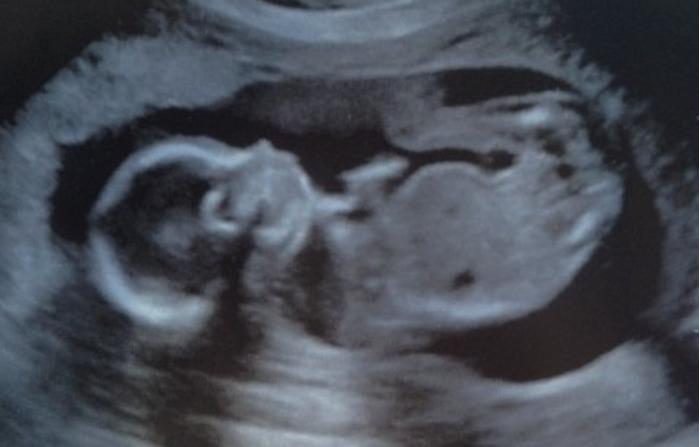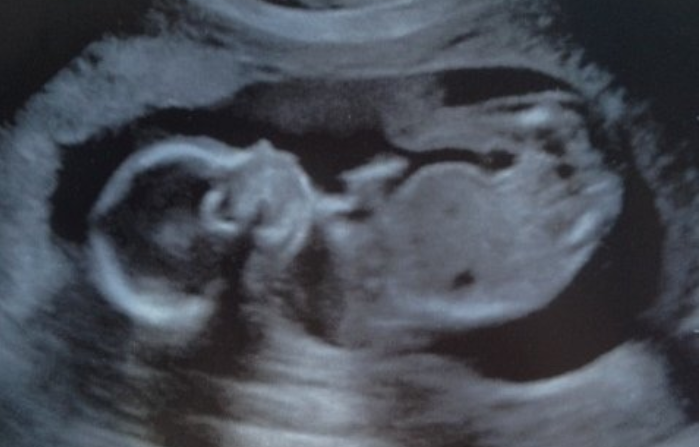A Mississippi bill to protect unborn babies once they have a detectable heartbeat moved forward Tuesday in the state Senate.
WLBT News 7 reports state Senate Bill 2116 passed the Public Health and Welfare Committee, and now moves to the full state Senate for consideration.
If enacted, the bill would ban almost all abortions in the state. An unborn baby’s heartbeat is detectable at about six weeks of pregnancy, though research suggests a baby’s heartbeat may begin as early as 18 days after conception. The bill would allow exceptions for medical emergencies.
State Sens. Angela Hill, R-Picayune, and Chris Caughman, R-Mendenhall, are the sponsors in the Senate. A House version of the bill, state House Bill 529, is sponsored by state Rep. Robert Foster.
Lt. Gov. Tate Reeves praised the legislation in a statement Tuesday.
“I thank Senators Hill and Caughman for introducing legislation to stop the barbaric practice of ending life in the womb even though a heartbeat is plainly detected,” Reeves said. “I am committed to making Mississippi the safest place in America for an unborn child.”
Gov. Phil Bryant said he will sign the legislation, WTOK reports.
REACH PRO-LIFE PEOPLE WORLDWIDE! Advertise with LifeNews to reach hundreds of thousands of pro-life readers every week. Contact us today.
Pro-life lawmakers have introduced a number of heartbeat bills this winter, hoping for a victory with the new conservative U.S. Supreme Court. Bills are being considered in Kentucky, South Carolina and Tennessee. Ohio Gov. Mike DeWine said he would support a heartbeat bill in his state as well.
The bills almost certainly will face legal challenges if they become law. Earlier this month, a judge declared Iowa’s heartbeat law unconstitutional.
The goal of the legislation is to prevent the deaths of thousands of unborn babies every year. However, even some pro-life advocates admit that the success of the legislation is uncertain. North Dakota and Arkansas passed heartbeat bills several years ago, but federal courts struck down both laws.
The Eighth Circuit Court of Appeals said the following about its ruling on the six-week abortion ban: “Because there is no genuine dispute that (North Dakota’s law) generally prohibits abortions before viability — as the Supreme Court has defined that concept — and because we are bound by Supreme Court precedent holding that states may not prohibit pre-viability abortions, we must affirm the district court’s grant of summary judgment to the plaintiffs.”
When courts rule against such laws, state taxpayers often are forced to reimburse pro-abortion groups for their legal fees.
There is more hope that the new conservative-majority U.S. Supreme Court may consider an abortion ban, but it is difficult to say if it would for certain. Some legal scholars have speculated that the high court would be more likely to consider cases that gradually chip away at Roe v. Wade rather than reverse it completely.
Go to Source
Author: Micaiah Bilger





